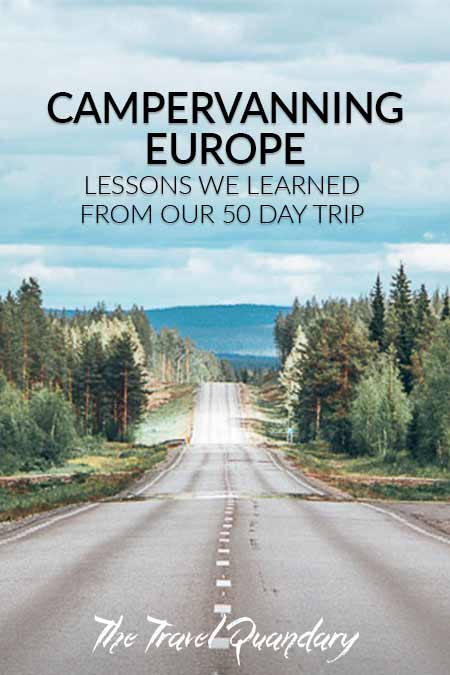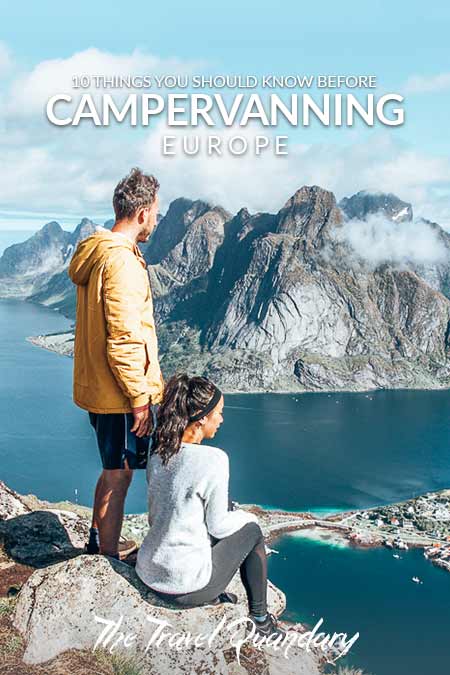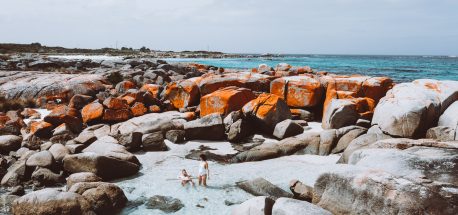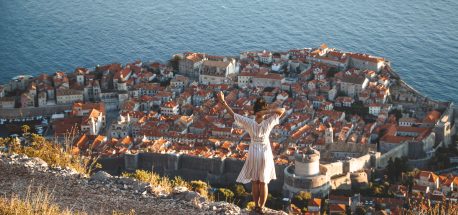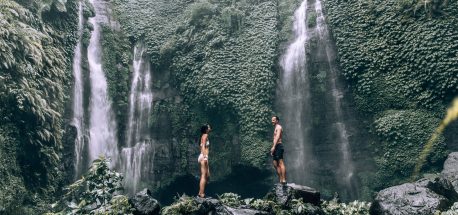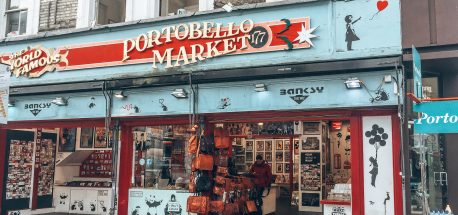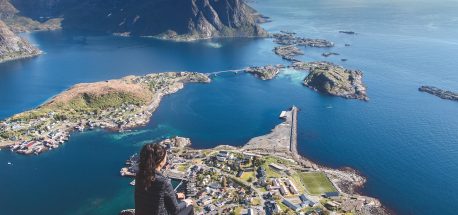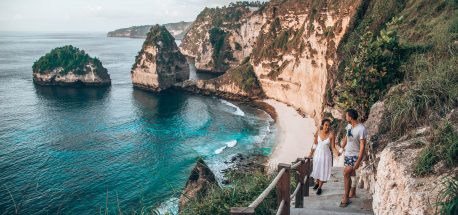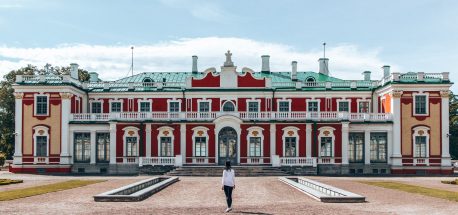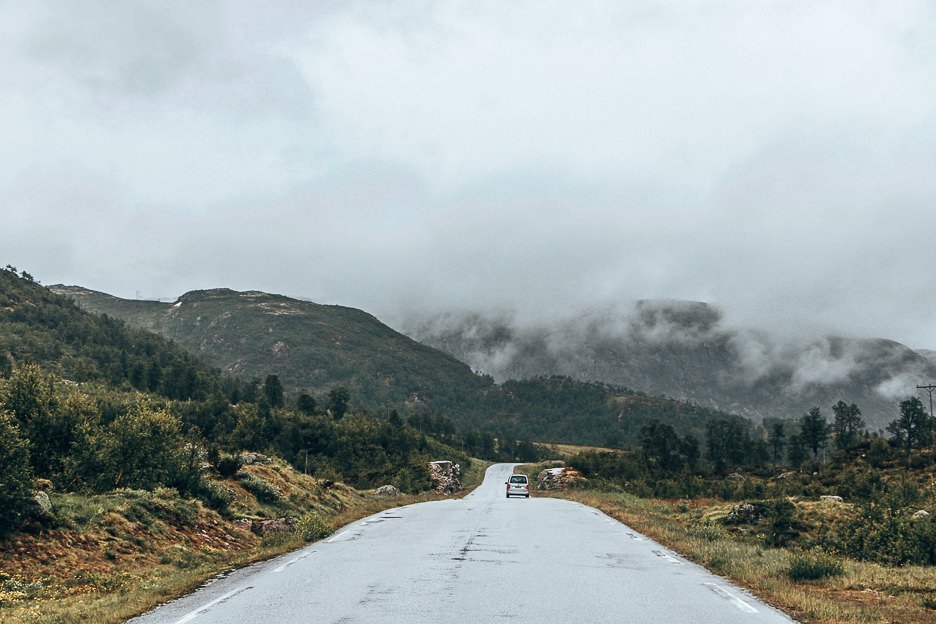
10 LESSONS FROM OUR EUROPEAN CAMPERVAN TRIP
Lesson #1 - Check the rules for each country’s motorway tolls
Many countries in Europe have toll roads and it’s easy enough to drive up to the boom gate and pay with cash or card. Some don’t have this system for their toll roads and you need to register or buy a pre-paid sticker in advance.
We were prepared for the vignette in Switzerland. We chose not to order it in advance online and it was super easy buying it at the French/Swiss border (It’s simply a sticker that you stick onto your windscreen and the highway cameras will be able to read it). Somehow, we forgot to do some solid research into all the other countries. We purchased a 10-day toll sticker in the Czech Republic after we crossed the border but we are now expecting fines from Austria and possibly Italy and Sweden. Some cities also have congestion charges if you drive in the city centre (i.e. Florence and Stockholm). Check each country’s or cities rules to avoid unnecessary fines.
Lesson #2 - Learn some basic phrases in each country’s language
This campervan trip reminded us once more just how spoilt we are when we travel the world. We barely knew the basic phrases of many of the countries that we visited which left us feeling rather ashamed of our efforts.
English is so widely spoken now, particularly where the tourists go so there was hardly a time when we struggled to communicate with locals. This being said, we do not take this for granted and are very grateful that we didn’t find ourselves in any sticky situations due to a language barrier. We believe that at least attempting to say “Hello”, “Please” and “Thank You” will go a long way in both acknowledging and appreciating each country’s language and culture.
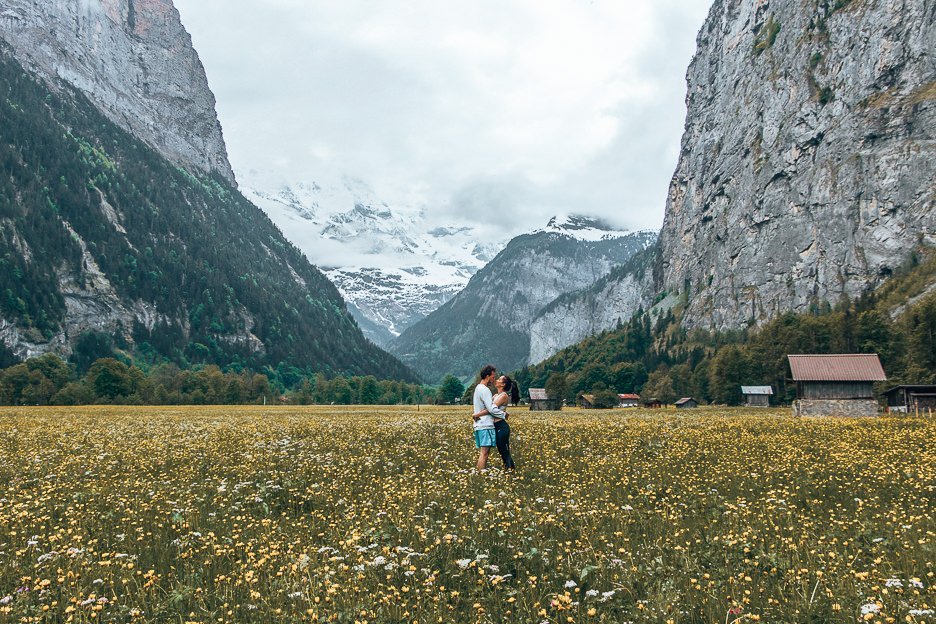
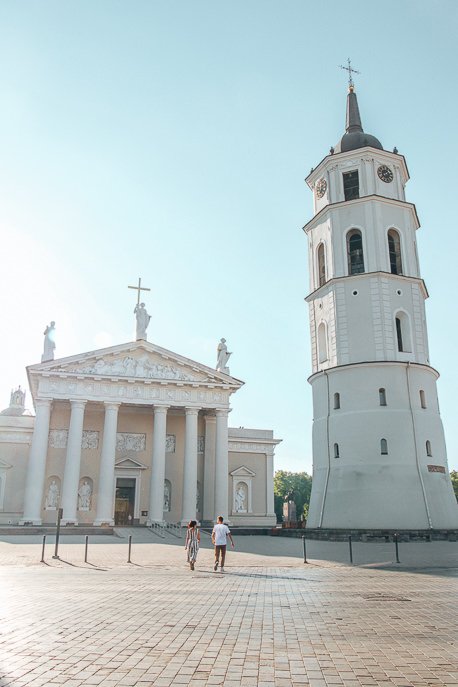
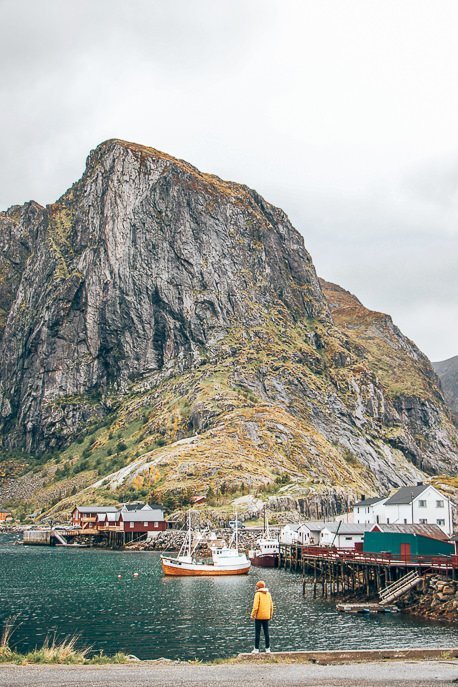
Lesson #3 - Prepare for all weather conditions
Oh me, oh my! On this trip, it felt like we went through all four seasons, yet still felt somewhat underprepared! We went from unseasonal rain in Italy, Switzerland and Austria during May to temperatures pushing 30 ℃ in Poland and Lithuania. And then back to torrential wind and rain up in the Lofoten Islands. We had raincoats and umbrellas, thermals and beanies plus sunscreen and flip flops. You may not need to dress for varying climates but if you do, be sure to check annual weather forecasts in advance and pack accordingly!
Lesson #4 - Check the border rules. Don’t assume all European countries allow freedom of movement
For the countries that we had planned to visit, we triple-checked that we would not need any separate tourist visas. Most were covered under the Schengen agreement. The one instance that made us nervous and forced us to re-calibrate our GPS was en route to Lithuania from Poland. The fastest route was going to take us through Belarus but alarm bells started ringing in our minds before we got to the border.
A quick Google search revealed that a separate tourist visa was required for entry and travel within Belarus and that this could only be obtained from the airport. We were unable to ascertain the regulations regarding border crossing via land and so we decided to detour the long way around.
Since this time, we have learned that the 30-day visa free travel to Belarus is only applicable to foreign nationals from certain countries and provided they arrive and leave from Minsk National Airport. The free-visa rules do not apply at international borders. For further information regarding travel visas for Belarus, read here.
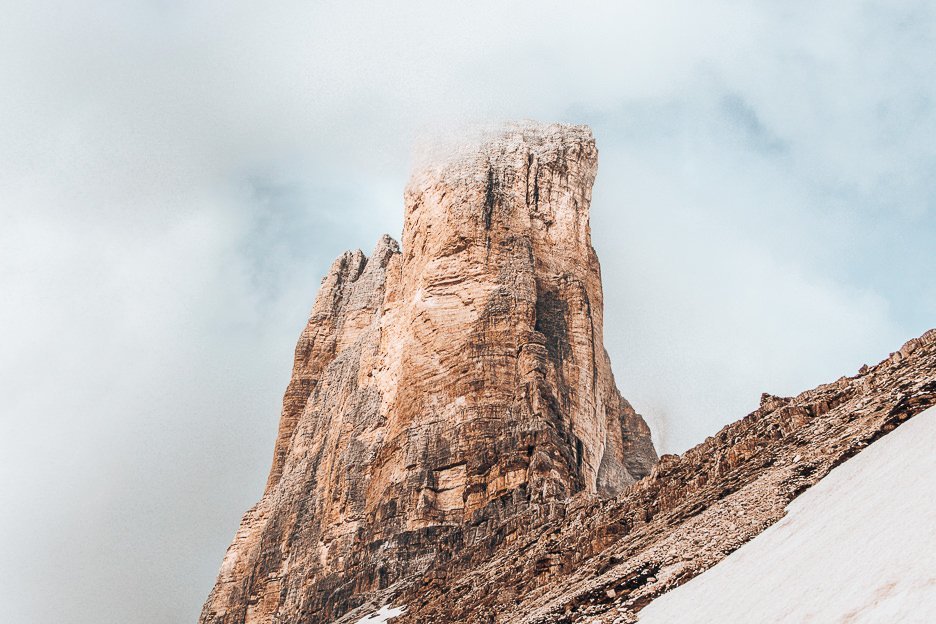
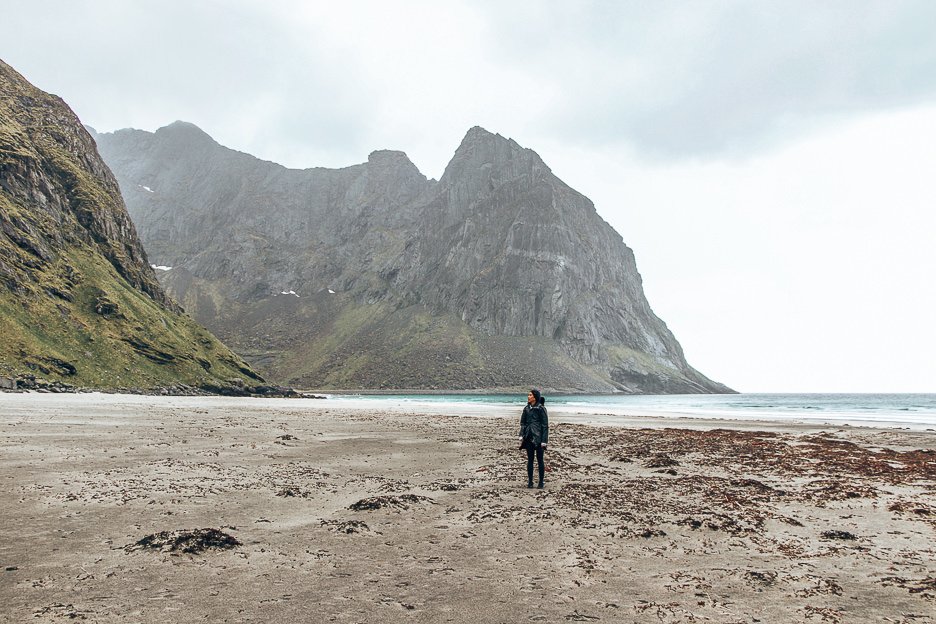
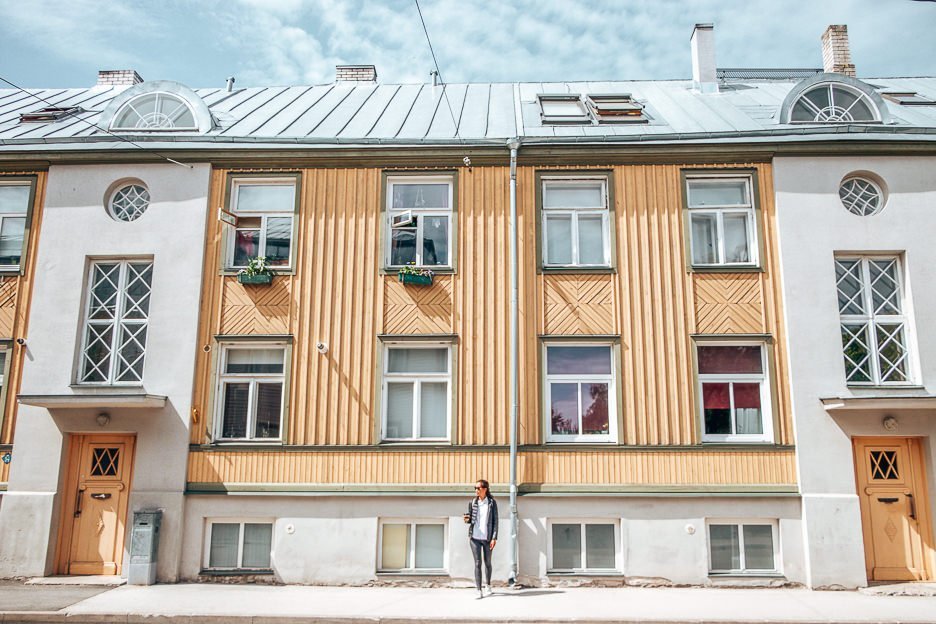
Lesson #5 - Communicate clearly with each other (particularly around navigation)
“Measure twice, cut once”. Following on from the above point, if there is going to be a chief driver and a chief navigator, ensure that you both have a mutual understanding of your destination and how it is you will get there (i.e. check your route on Google Maps AND your GPS and then start driving).
The first major detour we had was in Switzerland. A windy mountain road was the fastest route to our next destination. The temperature kept dropping and the windows were fogging up. There were huge snow blocks on the side of the road (really, this should have been a strong indication) yet our GPS told us that this was the quickest way. And then, we hit a roadblock. The snow had not yet melted this high up the mountain in mid-May and there was no way we could go any further. Mind you, there was no way that the GPS could have known this fact. Google Maps DID have us going another way so the traffic update must have been linked here. Unfortunately, we lost about 2.5 hours driving and needed to make an unplanned stop at a Swiss petrol station, but sometimes the situation is out of your control and you need to adapt.
The other memorable time was when the GPS had us driving in the middle of Florence – where you’re not supposed to drive unless you have a permit. Jas inadvertently entered the wrong address into the GPS and so we ended up down some narrow lanes among the tooting scooters and vespas. Needless to say, we are hoping not to receive any driving fines from this particular experience.
Lesson #6 - Know When Your Next Toilet Stop Is
When the road stretches out for several kilometres, you’re going to need to go when “nature calls”. This will be particularly relevant if you end up camping at locations without toilet facilities. Most petrol stations in Europe have washroom facilities (some with showers that you can pay to use) so you can find these on your GPS or Google Maps. We found in Scandinavia that the public toilets facilities along the highways or at rest stops were generally very good, modern AND always stocked with toilet paper! There were a few instances in remote areas where drop loos were your only option so make sure to always carry some toilet paper or tissues as well as some hand sanitiser.
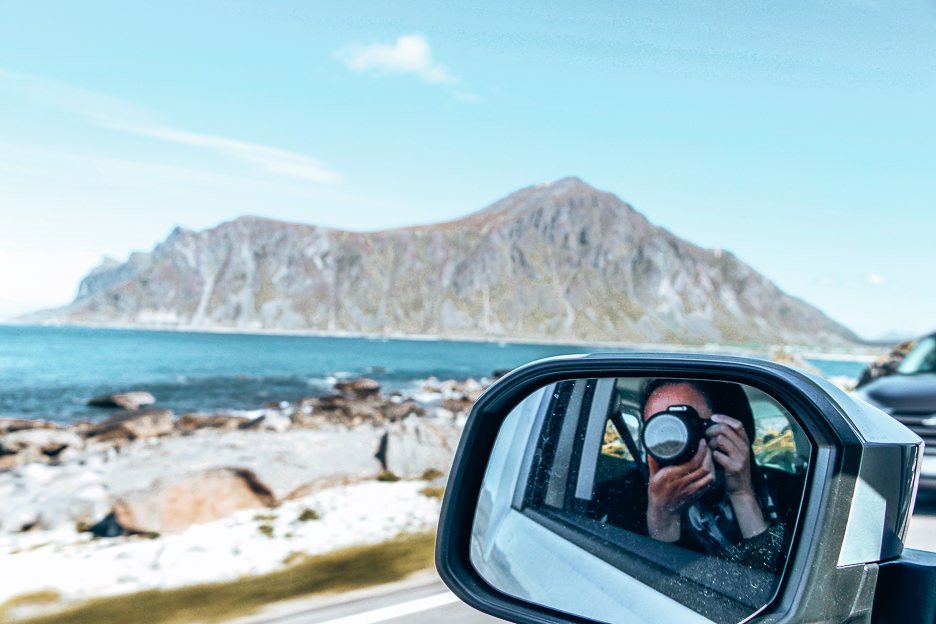
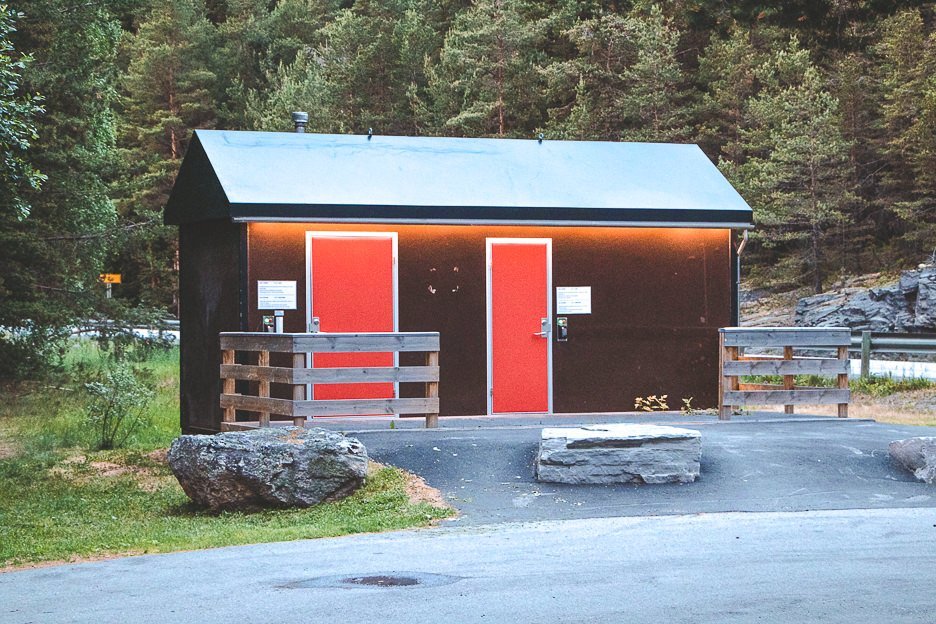
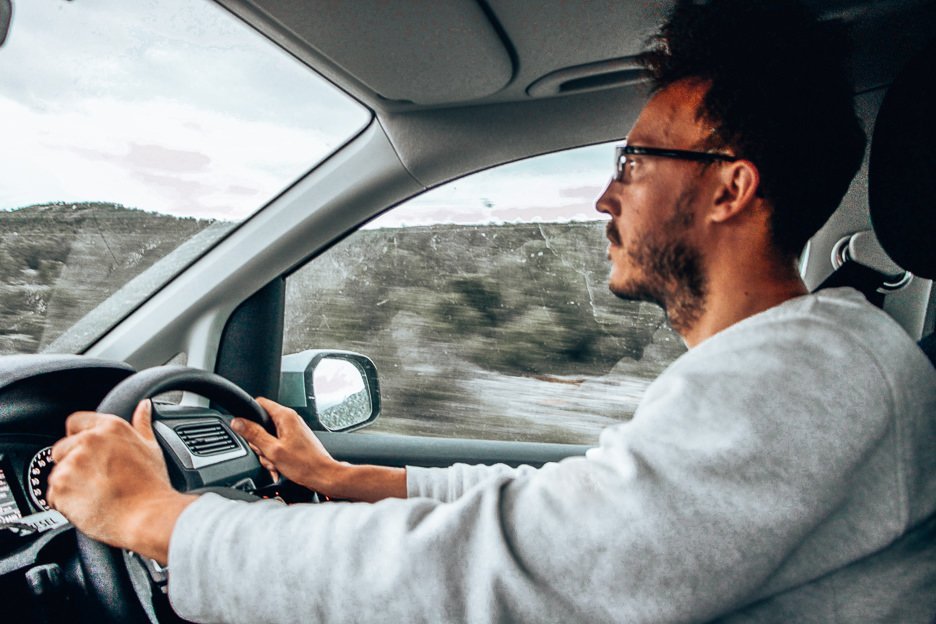
Lesson #7 - Always Carry A Few Coins
Some European countries still rely on cash in many places. Whilst nobody likes to carry too much cash (or any at all), having some Euro coins will come in handy. It’s necessary to pay to use public toilets in some places, particularly in Italy. It usually applies to using public toilets in city centres and train stations but also some petrol stations. It will generally cost between €0.50 – €1.50.
There are exceptions to the above. Scandinavia has largely cashless societies. We used almost no cash in Finland, Sweden and Norway. In regards to public toilets, we came across some which required entry by swiping a credit card. No payment was taken; the magnetic strip is merely the key for entrance access into the toilet!
Lesson #8 - You Become Very Grateful for Hot Showers
The campervan that we hired with Spaceships Rentals was basically a minivan with a fold out mattress and fridge. There were no water facilities like you would have with a motorhome. There were times when we went without showers for several days. While we did plan our itinerary this way, let’s just say that each time we reached a campsite or AirBnb, hot running water always felt like pure bliss! As mentioned earlier, some petrol stations do have shower facilities that you can pay to use, so if you can’t go too long without hot water, try to find one of these! (We did not use any of these facilities during our trip).
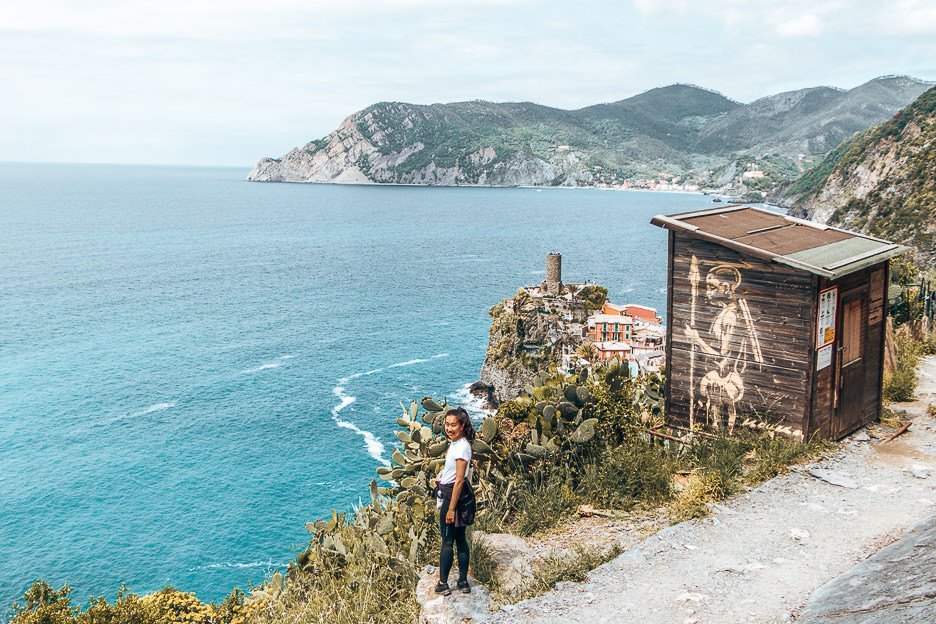
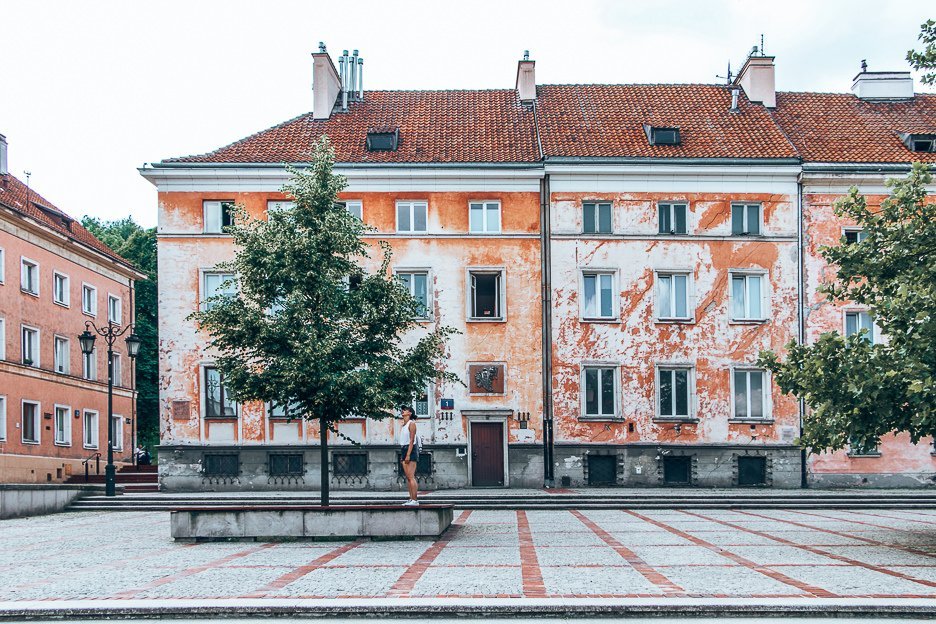
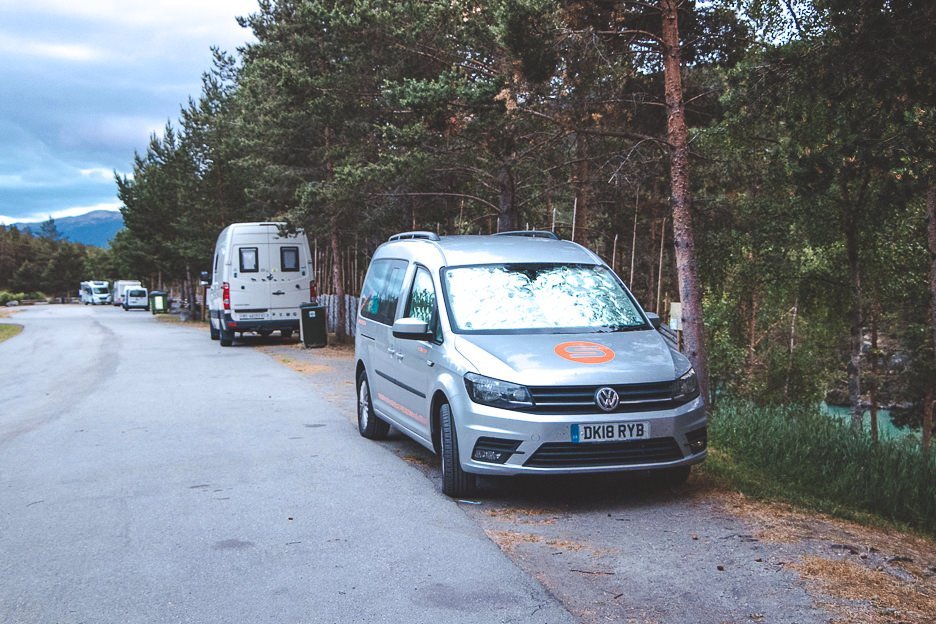
Lesson #9 - Check Each Country’s Public Holidays Calendar
We did not do this during our advance planning and from now on, we will definitely make sure we will! On this particular adventure, we were caught out three times in three different countries! What are the odds, right? Public holidays will affect opening hours of supermarkets, museums, public transport timetables, restaurants and other tourist attractions. So learn from our oversight and do your research in advance to avoid disappointment!
Lesson #10 - Plans Will Change
Even though we extensively planned most of our campervan itinerary (including campsites, attractions and restaurants), our plans quickly changed from about day four. Unseasonal weather (read: torrential downpours) and renovations meant that we skipped some activities we had planned and moved ahead of schedule. It meant that we did less hiking in the Dolomites and Austria, skipped Rakotzbrücke (water under the bridge drained due to reconstruction) and spent an extra day in Prague, a city we had both visited previously but not together.
While booking campsites and Airbnbs in advance provides a certain level of security, having flexibility to change our plans and choose where we slept each night gave us the opportunity to complete some of the driving during downtime. Europe’s long summer days allowed us to occasionally cook dinner around 7pm and then continue driving for a couple more hours. Having our bed in the back of the campervan meant that all we needed to do was pull over to a designated spot and 5 minutes later, we could be all tucked up into bed.
LOOKING TO HIRE A CAR IN EUROPE?
Have you been on a road trip around Europe? Were these lessons helpful? Share your stories with us below!
LIKE THIS POST? PIN IT AND SHARE IT!
